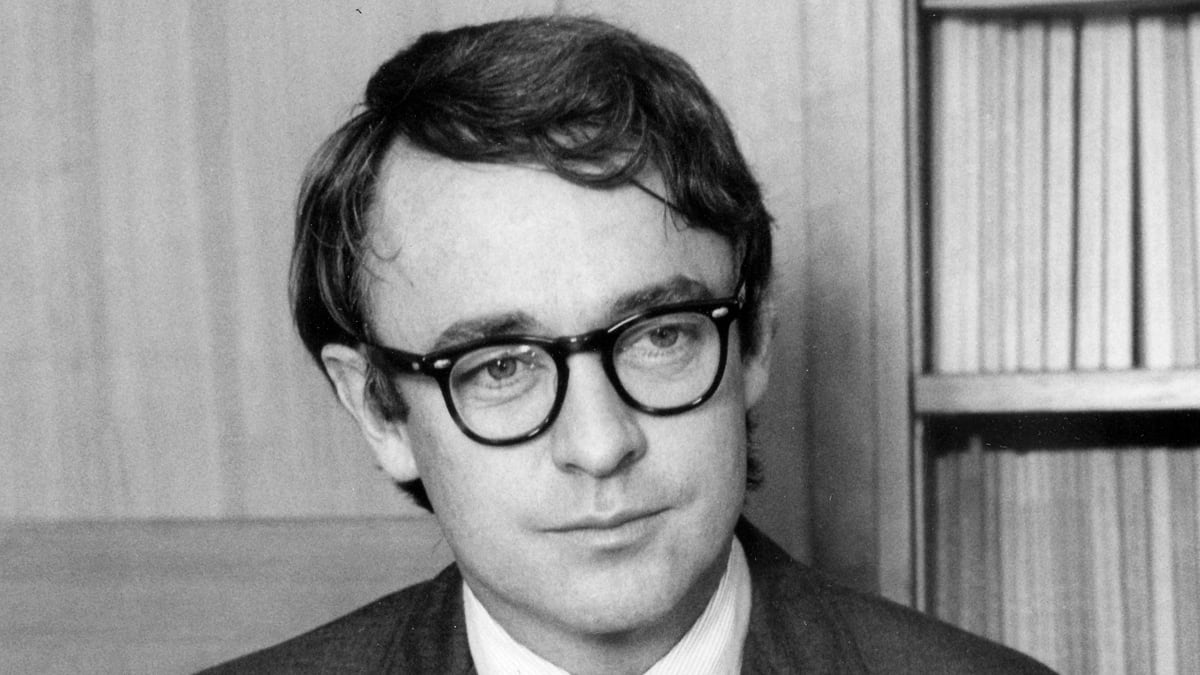
Helen Rittelmeyer's obituary for James Q. Wilson not only talks about the work he did and the books he wrote, it also points out that he nearly wrote a book that could have prevented him from gaining the acceptance of the conservative movement:
In 1960, James Q. Wilson was 29 years old and wondering what topic he should choose for his second book. He had narrowed the options down to two, and although he had no way of knowing it at the time, he was extremely fortunate in choosing the one he did — had it gone the other way, Wilson would have antagonized the conservative movement whose favorite public intellectual he later became. Among those on the right who have eulogized James Q. Wilson since his death on Friday, I bet no more than a dozen realize how close he came to writing a 300-page book on why the Goldwaterites of the early Sixties were a dismal pack of clowns, naifs, and boobs. Taken on its own terms, the thesis would have been fair, but going on record with it might have proven inconvenient.
Wilson went on to write The Amateur Democrat: Club Politics in Three Cities, a study of how reform-minded Democrats were attempting to take on the party machines which ran major cities. Wilson's book focused on the difference between "amateur" and "professional" politicians (he had sympathy for the professionals):
Wilson was able to make such a claim because both movements were expressions of the thing he really wanted to write about: the political attitude he called amateurism. “The amateur politicians sees the political world more in terms of ideas and principles than in terms of persons,” goes the introduction. “He sees each battle as a ‘crisis,’ and each victory as a triumph and each loss as a defeat for a cause.” His polar opposite is the professional, who “tends, by contrast, to develop a certain detachment toward politics and a certain immunity to its excitement and its outcomes . . . the same way that a mortician develops a professional attitude toward death, a scholar a professional attitude toward knowledge, and a prostitute a professional attitude toward love.” The professional Democrat’s short-term goal is to please enough constituencies to win the next election; he has no long-term goals.
And between the amateurs and professionals, how did Wilson view the Goldwater revolution?
“If I had foreseen the Goldwater nomination (who did?), this book would have been about the amateur Republican, and would have said essentially the same things.”
Given how the Republican Party currently "sees each battle as a ‘crisis,’ and each victory as a triumph and each loss as a defeat for a cause", it seems that this book still needs to be written.






